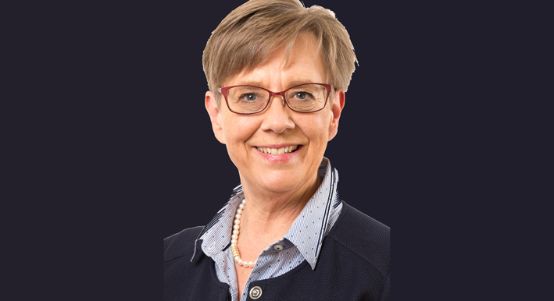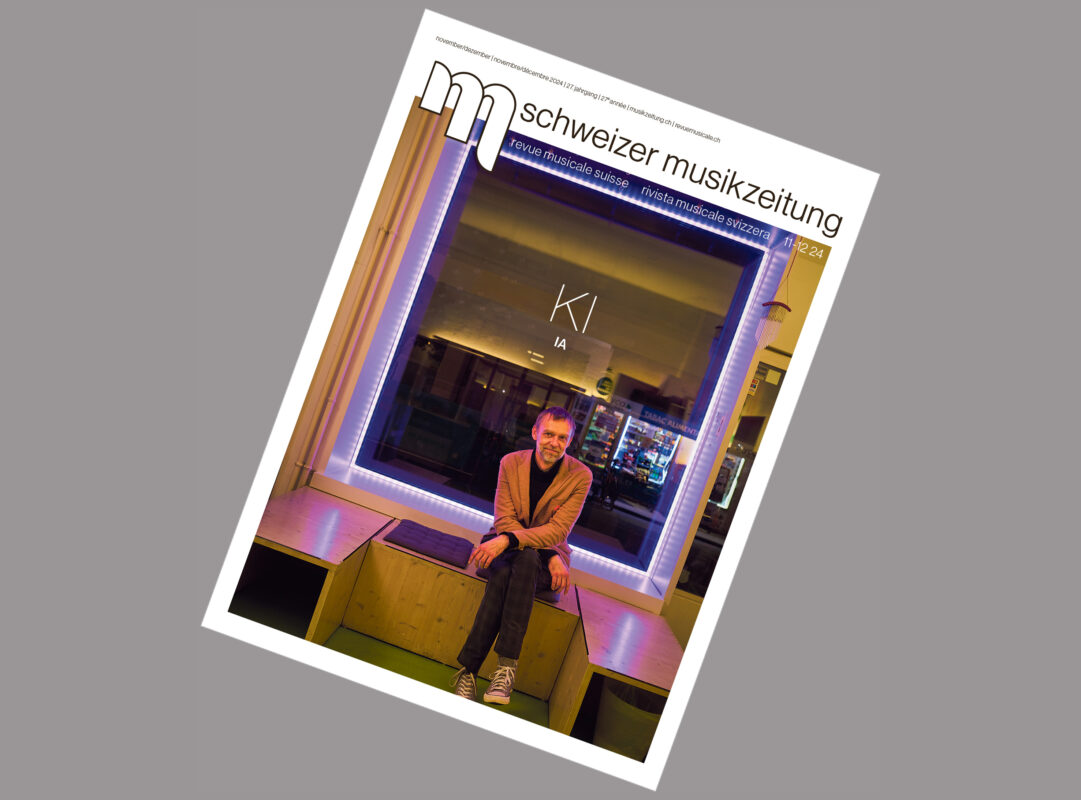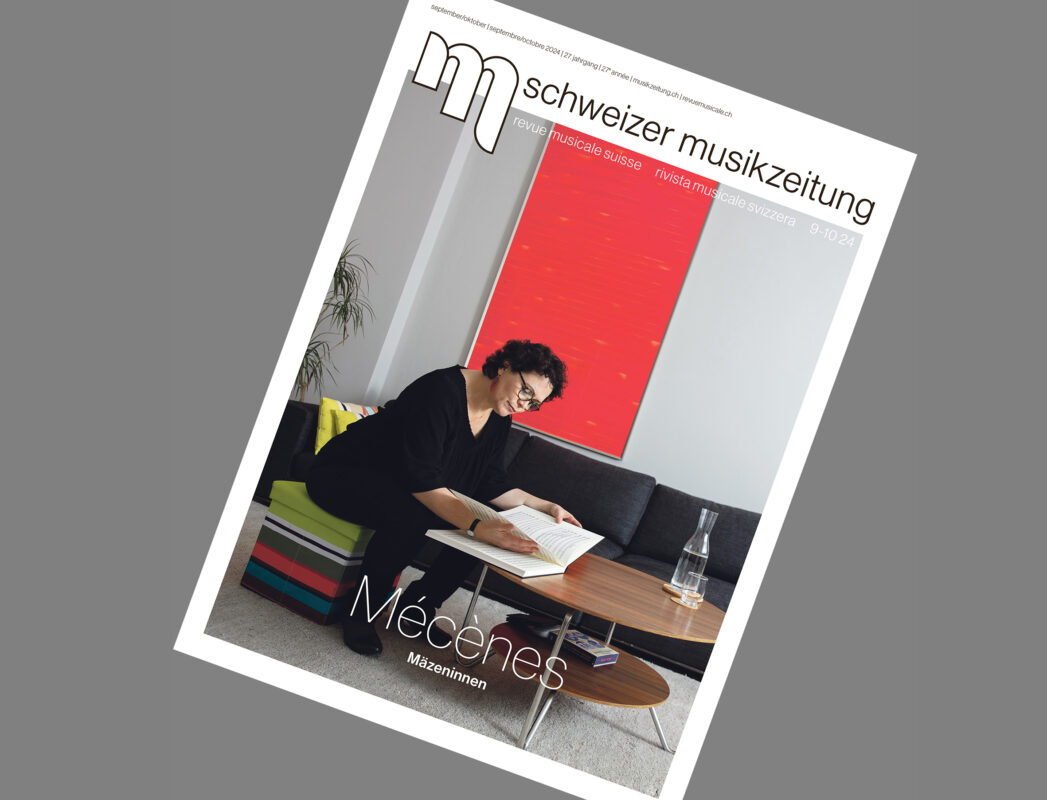Herculean task/Travaux d'Hercule
Christine Bouvard, President of the Association Suisse des Ecoles de Musique ASEM, answers the questions of the Revue Musicale Suisse concerning Corona.


Christine Bouvard, President of the Association Suisse des Ecoles de Musique ASEM, answers questions from the Revue Musicale Suisse.
Comment allez-vous après cette année ?
It's a bit of a paradox, like many things in this crisis. At the heart of it all, we would like to thank ASEM: thanks to an exceptional team effort, we have been able to better manage the impact of the pandemic on music education, and our associations and school members have adapted with creativity, commitment and tremendous will to ensure their teaching services despite the restrictions. And at the same time, this year's atmosphere is full of sacrifices, of adaptations without a solution to new challenges, of the lack of many human and cultural dimensions - such as music, especially singing, together, face-to-face meetings, concerts and, quite simply, the insouciance of life - is certainly a burden for many of us.
Quel est votre souvenir le plus marquant de cette année de pandémie ?
At the beginning of 2020, we headed inland to China, which confined its inhabitants, and we all put our heads on fire that nothing like this had ever happened before. Eberlués, we learned on Tuesday 13 March at 16h30 that all social life, including schools and, consequently, music schools, was effectively shut down immediately. I think I have had a bad experience. At ASEM, we have immediately put our research and reflections into practice in order to provide our members with initial guidance. We also immediately had to announce, in our community, the last musical performance by our young regional talents. Profoundly touched by this abrupt finale, the young people were united in expressing all their emotion and solidarity in a flaming "haka". The high demand for objectivity, structure and reason at the end of the day was matched by the sharing of these emotions with rare intensity, and this in a pandemonium-like context that was even more surreal. Des heures phares qui restent gravées.
According to you, how has the pandemic changed the profession of musician or the work of your association?
During the first conference, Swiss music schools were catapulted into the future in just a few days. In no time at all, classroom teaching has had to give way to face-to-face teaching. While this technical progress has made it possible to ensure the continuity of music education, it has also raised important questions about the value of classroom teaching, the value of music school provision and the way in which this will continue to be perceived and supported after COVID-19, on equal opportunities and access to education, or even on the adequacy and accessibility of the tools available for quality teaching. Thus, an intense discussion on what we like to call "augmented teaching" remains to be conducted, a nuanced debate that brings together both a new pedagogical approach, requiring the development of specific and differentiated knowledge, and a social approach.
Quelle question aimeriez-vous poser au Conseil fédéral ou que voudriez-vous qu'il fasse pour relancer la vie musicale ?
The inactivity of orchestras, ensembles and choirs, both in schools and music schools and in amateur associations, is undermining cultural participation in our country, which calls for a reflection on the future. How does the Confederation assess the medium- and long-term consequences of the restrictive measures imposed by the pandemic to ensure the resumption of cultural participation? What approach, or what services, does the Confederation envisage to ensure cultural participation in the field of music during a time of crisis like the one we are living through?








